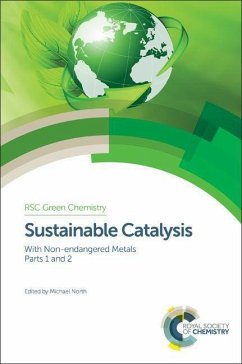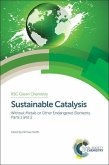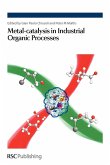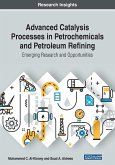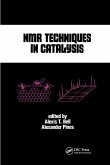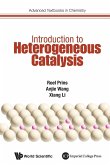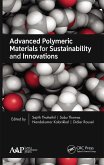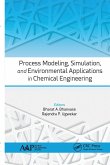Catalysis is a fundamentally sustainable process which can be used to produce a wide range of chemicals and their intermediates. Focussing on those catalytic processes which offer the most sustainability, this two-part book explores recent developments in this field, as well as examining future challenges. Focussing on catalysis through non-endangered metals, chapters are dedicated to the most important sustainable metals in catalysis: titanium, iron and aluminium. Remaining chapters examine several other important metals. Green aspects of the various reactions are also discussed, such as atom economy and use of green solvents and other reaction conditions. Together with Sustainable Catalysis: Without Metals or Other Endangered Elements, these books examine the progress in sustainable catalysis in all areas of chemistry, and are an important reference for researchers working in catalysis and green chemistry.
Hinweis: Dieser Artikel kann nur an eine deutsche Lieferadresse ausgeliefert werden.
Hinweis: Dieser Artikel kann nur an eine deutsche Lieferadresse ausgeliefert werden.

